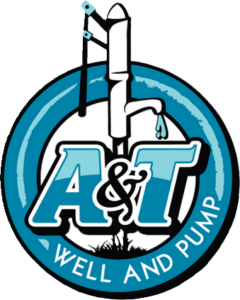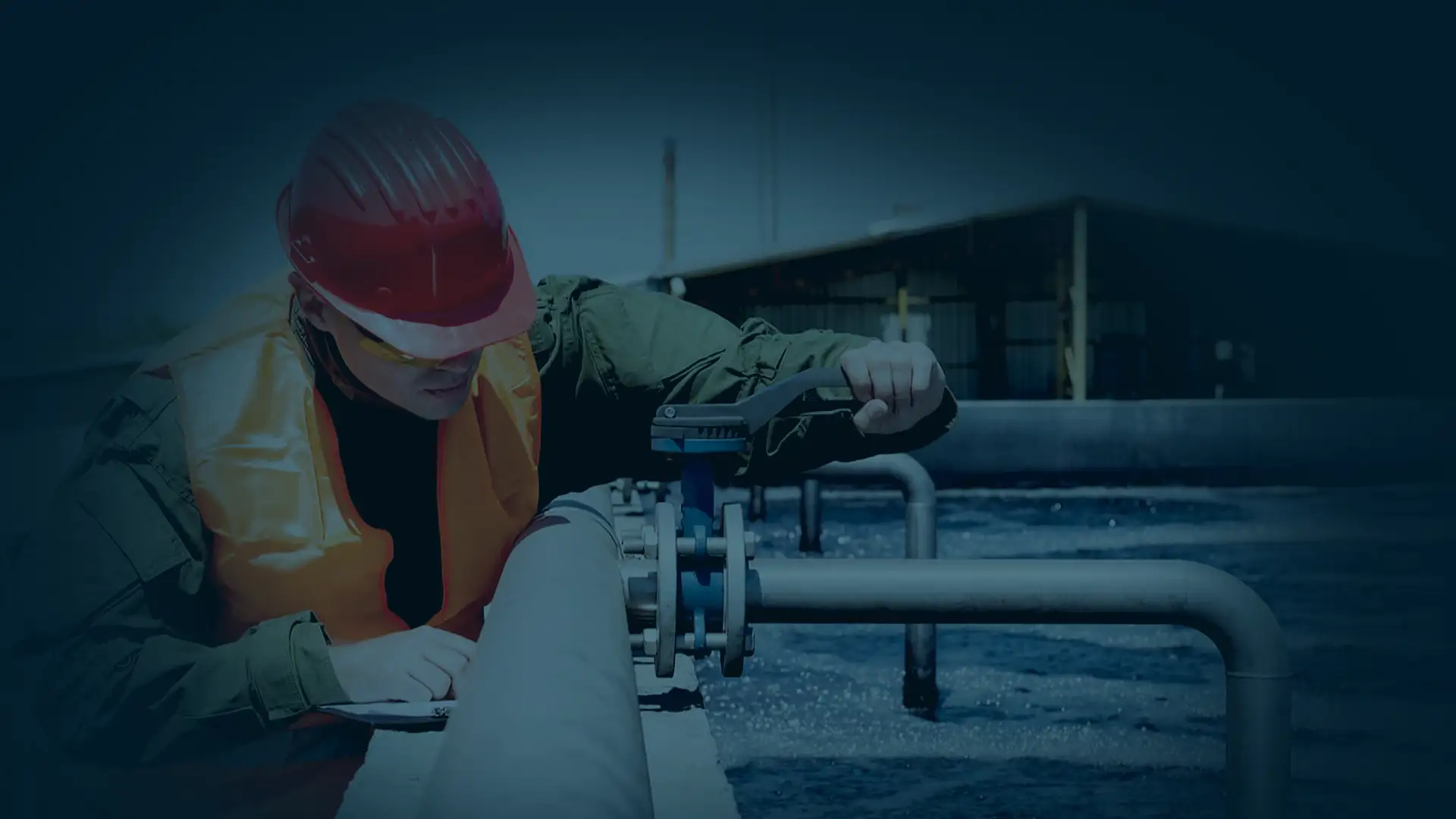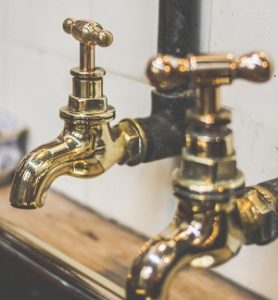If municipal water supplies are possibly contaminated by pathogens, officials will declare a boil water…
Do you know how to test for lead in water?
How do you know if your well water is truly safe to drink? After the Flint, Michigan water crisis shed light on municipal water issues, many Raleigh homeowners with wells were thankful they didn't have to rely on city infrastructure and any potential dangers of lead contamination. However, it's still important to know that your water is safe for you and your family and that you can test your water for lead.
Health Risks of Lead Contamination in Water
Lead is a metal that, until 2014, was used in pipes and building materials. However, lead is a highly toxic heavy metal that can build up in the body over time. Young children, babies, and pregnant women are especially at risk to lead poisoning because even minimal exposure can have a significant risk on a developing fetus or child's development and health. While adults can tolerate higher exposure, even as little as 5 micrograms per deciliter can cause health problems in children, including:
- Behavior issues and hyperactivity
- Cognitive and developmental delays
- Stunted or slowed growth
- Hearing impairment
- Anemia
- Premature birth
In higher levels of lead contamination, it can lead to seizures, coma, and death. While adults are at lowered risk for complications, higher levels of lead exposure can cause heart disease, kidney problems, and reproductive health issues in both men and women. It's important to learn how to test for lead in water.
How Does Lead Contaminate Well Water in Raleigh?
When lead is present in water, it's not actually the groundwater in your well that is the issue. In nearly all cases where lead is found, it's caused from pipes leading from the well into the house or water pipes inside the home. Over time, pipes, fixtures, and solder containing lead corrode, causing lead to leach into the water.
The biggest risk for lead exposure is in
- Homes built before 1986 which is when the Safe Drinking Water Act (SDWA) changed the lead requirement in water pipes, fixtures, and solder to be less than 8 percent of the weighted average of the entire pipe. Homes built after 2014 were required to use pipes with less than 0.25 percent lead.
- Brass or chrome-plated fixtures which often used lead solder.
- Signs of corrosion, including frequent leaks around solder and at fixtures, orange-tinted water or stains on your sink, bathtub, and laundry (Note: lead itself is colorless and odorless in water, but stains are a sign the pipes are corroding)
- Water that has a low mineral content and/or high salt content or is either highly acidic (low pH) or highly alkaline (high pH)
If you know your home falls within these risk factors, you're not sure, or you simply want peace of mind for yourself and your family, you can test your well water to see if it is contaminated with lead. If you have infants or small children in your home, it's highly recommended you test your water every two years because it can be so dangerous for children.
How to Test For Lead in Water
If you don't know how to test for lead in water, it's actually quite simple.
One of the easiest ways you can test your home's water is with an instant lead water testing kit that's available online at Amazon or at nearly any home improvement store like Lowe's or Home Depot. When you get your home test kit, follow these steps:
- Don't run any water for at least six hours (including washing clothes, flushing the toilet, or using an outside spigot), and then get a sample from a faucet. This first sample determines if there are lead pipes in your home.
- Run your faucet for around two minutes, then collect a second sample that shows if you have a lead header pipe.
- Use a designated lead test strip included in the kit to test the water, then check the strip after the instructed time - usually between 10 and 30 minutes.
At-home kits are inexpensive and easy to use, but they only show whether or not lead is in the water over 15 parts per billion, so even if you get a negative result, there may still be lead in your well water.
You can also contact a professional well contractor in Raleigh to test your water for all types of heavy metals and other dangerous toxins that may be in your water. It's recommended to have your well-maintained and water tested annually for bacteria and every two years for metals, nitrates, copper, and volatile organic compounds (VOCs). Now you know how to test for lead in water, but what if you find some?
What to Do When There's Lead in Your Well Water
Now that you know how to test for lead in water, it's also important to know what to do when you find lead.
If there is lead in your drinking water, it's important to take immediate action to protect yourself and your family. Simple steps include:
- Using only cold water for brushing your teeth, drinking, and cooking (hot water leaches more lead from the pipes and fixtures)
- Run water for 15-30 seconds before using
- Only use bottled water for preparing infant formula
The best thing you can do for your health and safety is to get a professional well water filtration system installed in your home that removes toxins, bacteria, heavy metals, and other things that can harm you and your family. It will also remove non-toxic minerals that can cause odors, metallic taste, or clouding, leaving only clean, pure water.
Contact Us for Well Water Testing in Raleigh
At A & T Well and Pump, we do more than just repair well pumps around the Raleigh area, we provide well water testing and filtration to help you keep your water fresh, clean, and healthy. To schedule service or learn more, reach out to us at 919-291-4063 or fill out our contact form.


